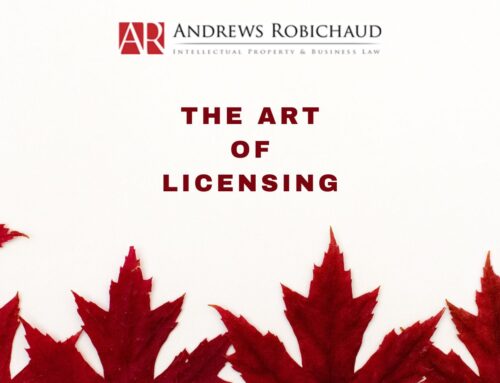As an intellectual property lawyer and business advisor, I have spent the last nine months doing a very deep dive into the world of non-fungible tokens (NFTs). Coincidentally, it started even before the widely publicized multi-million dollar sales of NFTs like Beeple’s 5000 Days or Jack Dorsey’s first tweet. Since November, 2020, I have been an active member of the Advisory Board for UTU.ONE, a new social media platform that is merging the worlds of social media, block chain and NFTs into a very unique new business model (www.utu.one)
For most people new to the crypto and block chain worlds, NFTs are both a puzzle and a curiosity. In learning about them, in addition to fully understanding the intellectual property and legal attributes and issues surrounding NFTs, I wanted to be able to articulate in simple terms why people might want to create, own, buy and sell NFTs in the first place.
First of all, NFTs are unique digital assets and can come in a multitude of forms. Anything that can be digitized can be converted into an NFT, so for creative types, the sky is the limit. The hook about these assets is ownership. Many of us enjoy owning unique things. They could be single or limited edition art or music. They can include books and unique artifacts, digital jewelry or clothing. The list goes on and on. Owning such items can carry with it status, control and actual value that can appreciate over time.
There are other even more subtle reasons why someone would like to own such digital assets and as a starting point, include the following 12 reasons:
- Ownership is secure – the NFT is recorded on the block chain for all to see in terms of what it is, and who owns it.
- Digital assets never deteriorate, fade or are otherwise negatively impacted by the passage of time or weather conditions etc.
- Valuable digital assets do not need to be insured against damage or theft like physical ones typically are.
- NFTs are of course completely portable. They are accessible wherever you may be.
- NFTs can have a lot more interesting and useful information embedded in them, adding more value to the asset.
- You don’t need any physical space to own and store these assets. You could have hundreds of pieces of jewelry or art or more, even if you are in a smaller living space with limited physical storage.
- NFTs give creators direct access to the market, without any intermediaries taking huge cuts or utilizing creative accounting techniques that minimize the financial benefit of these sales to the creators.
- The applications for NFTs are in their infancy. For example, in the context of estate planning, one could create a limited edition NFT of any unique family asset so that all the family members inherit it, reducing the invariable in-fighting that can erupt when family members argue over who should get the favoured rare vase sitting in the family room.
- Smart contracts can be attached to NFTs ensuring an ongoing benefit (eg percentage payment) to the creator every time the NFT is bought or sold. This can lead to some very interesting passive income streams.
- People are already accustomed to owning intangible property, in the form of patents, trademark, copyright and the like, so this is not really such a mental leap. In fact, people often own physical assets that they rarely see and have to pay to store. The perfect example is a rare coin collection which is kept in a safety deposit box (costing money) and is rarely if ever actually seen by the owner.
- People are already accustomed to buying digital assets as occurs in certain videos games where extra digital assets can be purchased which then enhance the user’s/game players performance and/or experiences.
- NFTs are not reserved for the wealthy. In fact, there are new platforms emerging that will allow anyone to create, own, buy and sell NFTs at any price. One does not have to hold the world record setting NFT sale to enjoy and benefit from creating unique NFTs, sharing them with the world and enjoying the age old great feeling of pride that creation and ownership can bring.
As the world continues to develop and embrace the advancements and advantages of digitization, it is only a matter of time before more and more people start to embrace the idea of creating, owning, buying and selling unique digital assets in the form of NFTs. It will be a quite something to see the myriad of creativity that is sure to arise in this exciting new asset class.






Leave A Comment